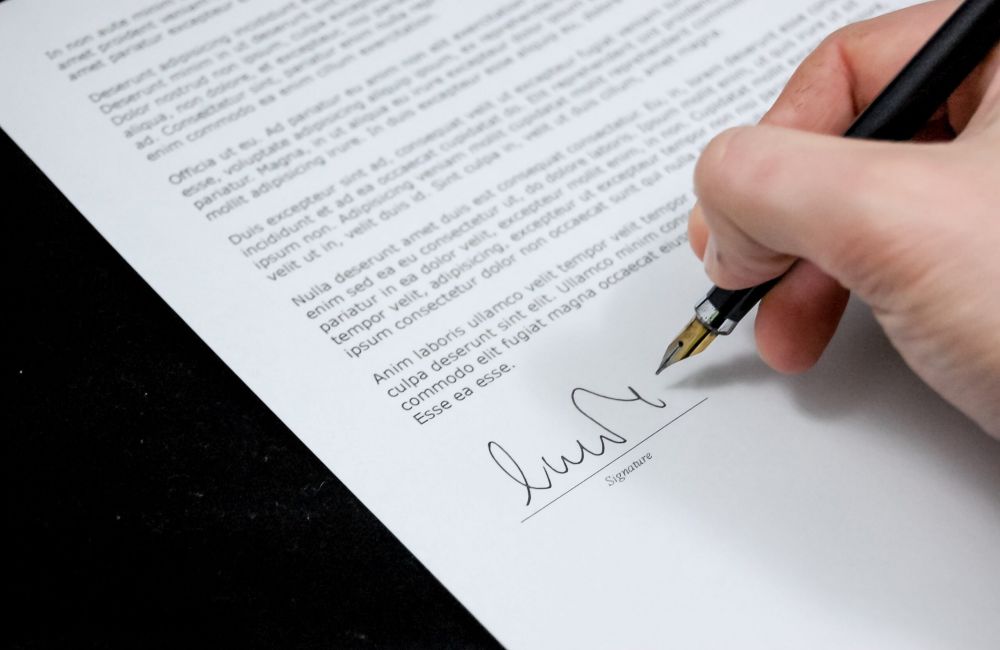As most litigators know, in order to submit evidence to a court, typically clients and other witnesses – often including certain health care providers – are required to swear out affidavits. An affidavit generally is defined as a writing that is sworn to be the truth, and in New York, the affidavit’s signature must be notarized. Getting client and witness statements notarized can be a hurdle, simply because of the lack of readily-available notaries, cost, and/or a time crunch.
So litigators across New York State celebtated when, on October 25, 2023, New York Governor Hochul signed into law two amendments to New York’s Civil Practice Law and Rules (CPLR).
The New Law’s Affect on Health Care Providers
Beginning immediately, CPLR Rule 2106(a) allows any “health care practitioner licensed, certified, or authorized under Title Eight of the Education Law” to submit an affirmation rather than an affidavit. An affirmation is a writing that the individual signs under the penalties of perjury. It carries just as much weight as an affidavit – indeed, the writer must ensure that they’re telling the truth – but their signature no longer needs to be notarized.
This expands Rule 2106(a), as it originally only allowed attorneys, physicians, osteopaths, or dentists to submit an affirmation in lieu of an affidavit. This amendment will make it easier for other health care providers, including chiropractors, social workers, and psychologists, among others, to submit their sworn testimony to a court.
The New Law’s Affect on All Other Submissions
And then, beginning January 1, 2024, the amendment to CPLR Rule 2106(b) will empower clients, witnesses, and other non-attorneys to do the same. In other words, they’ll no longer be required to submit a notarized affidavit. Instead, like attorneys and health care providers, they’ll be allowed to submit affirmations.
With this updated law, New York joins over 20 other states and the federal government, each of which allows litigants and witnesses to swear a statement under penalty of perjury without the document having to be notarized.
Amended Rule 2106(b) is what allows an affirmation to be used instead of an affidavit. The only requirement? The affirmation must be affirmed by the person to be true under the penalties of perjury. The new affirmation form must include this language:
I affirm this ___ day of ____, ____, under the penalties of perjury under the laws of New York, which may include a fine or imprisonment, that the foregoing is true, and I understand that this document may be filed in an action or proceeding in a court of law.
(Signature)
What Does this Mean for Someone with a Lawsuit?
The amendment to CPLR Rule 2106(b) arguably has the greatest effect on unrepresented individuals, who are called pro se litigants. In a statement to Governor Hochul in support of her signing the bill into law, the Legal Aid Society of New York declared, “We have long known that the notarization process is overly onerous, especially for New Yorkers with limited means. The removal of this requirement will dramatically increase access to justice for all New Yorkers, regardless of their socioeconomic status or background.”
Stated differently, the law helps to open the doors for better access to justice for many individuals who previously struggled in civil litigation, especially those of limited means or education.
All clients can now avoid needless costs and delays inherent in using a notary, and it will be easier for litigators to meet court-imposed deadlines as well.
If you have questions about civil lawsuits, or if you manage a business that has a claim, contact The Coppola Firm at any time.

